Hinduism, due to its proteanness, is more a way of life rather than a creed. The Hindu tradition recognizes the Vedas as its foundational scripture, Hinduism itself being indigenously known as Vaidika Dharma. Shruti and Smriti are the primary sources of Hinduism, where the former connotes the Vedas that stand for the revealed wisdom and the latter stands for tradition. Smriti texts include law books like the Manusmriti, epics (Itihasa) like the Ramayana and Mahabharata, Puranas, Agamas, Darshana literature (philosophical systems), sometimes Buddhist and Jaina works, other than the numerous religious works in regional languages.
Hinduism was challenged by the rise of heterodox movements in the sixth century bce, especially Jainism and Buddhism. Their prolonged encounter and interaction led to the development of the philosophical schools of Hinduism. The advent of Islam and Christianity, and the origin of Sikhism, led to further developments in the Hindu thought system.
This book defines and surveys Hinduism, and elaborates its keywords. It consists of two parts. The first part is a general survey of Hinduism. It describes its primary sources of information and the historical trends within its study; the Great Tradition with its basic teaching and practices; the Little Tradition; and modern developments. Many terms which appear in the first part are elaborated in the second part, along with some additional terms.
This volume enables readers to grasp the fundamentals of Hinduism.

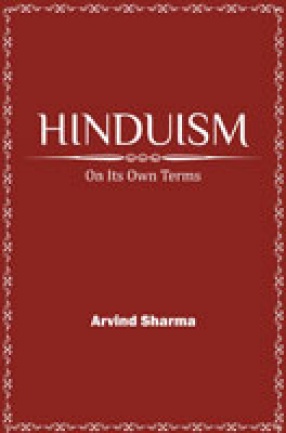

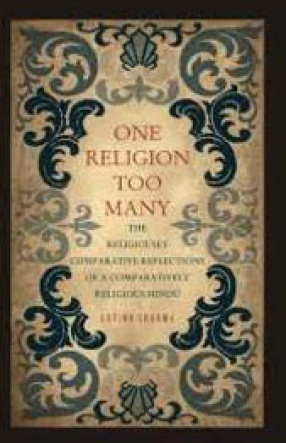
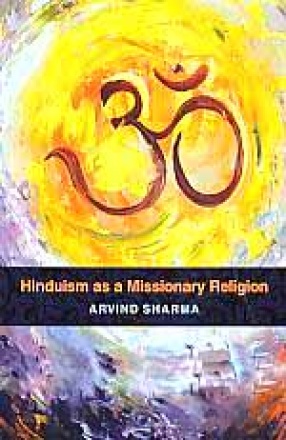

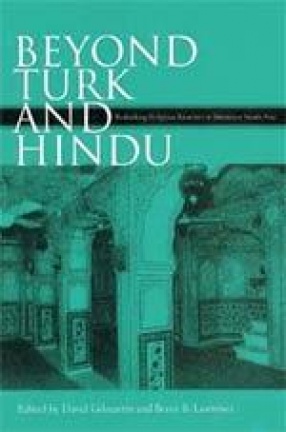
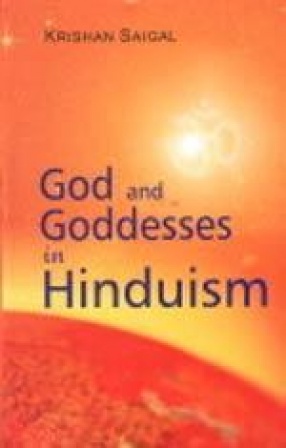
There are no reviews yet.